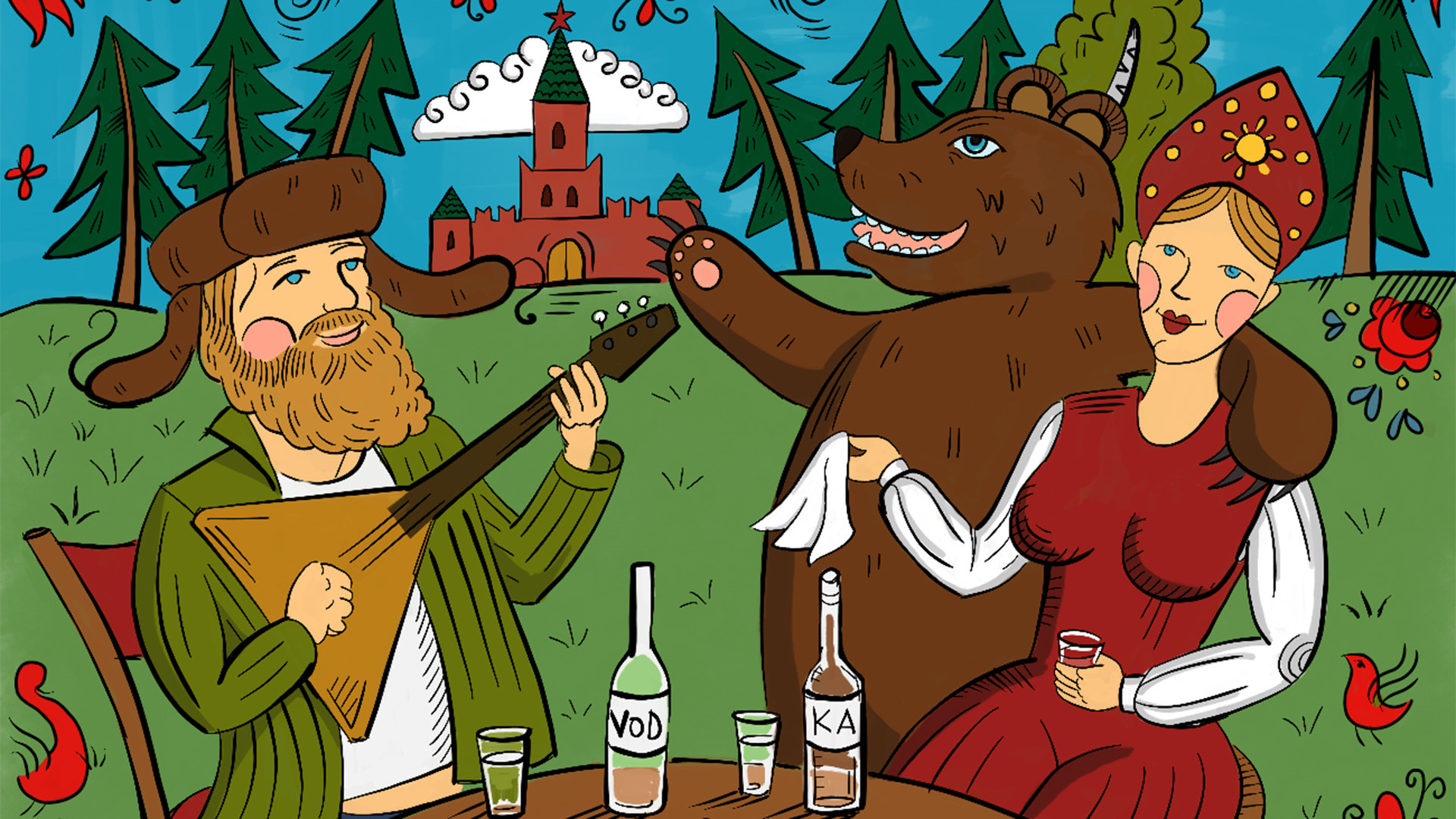
Sincerity and openness are hallmarks of Russian culture, which is why Russian smiles are rare and expressed only in contexts where they are appropriate, in order to express an honest emotion of happiness. Here are some descriptions of typical Russian smiles — and non-smiles.
It’s almost the same with Russian gloom, which is not always the case each time that someone doesn’t smile.
READ MORE: 10 pics that PROVE Russians really don’t smile
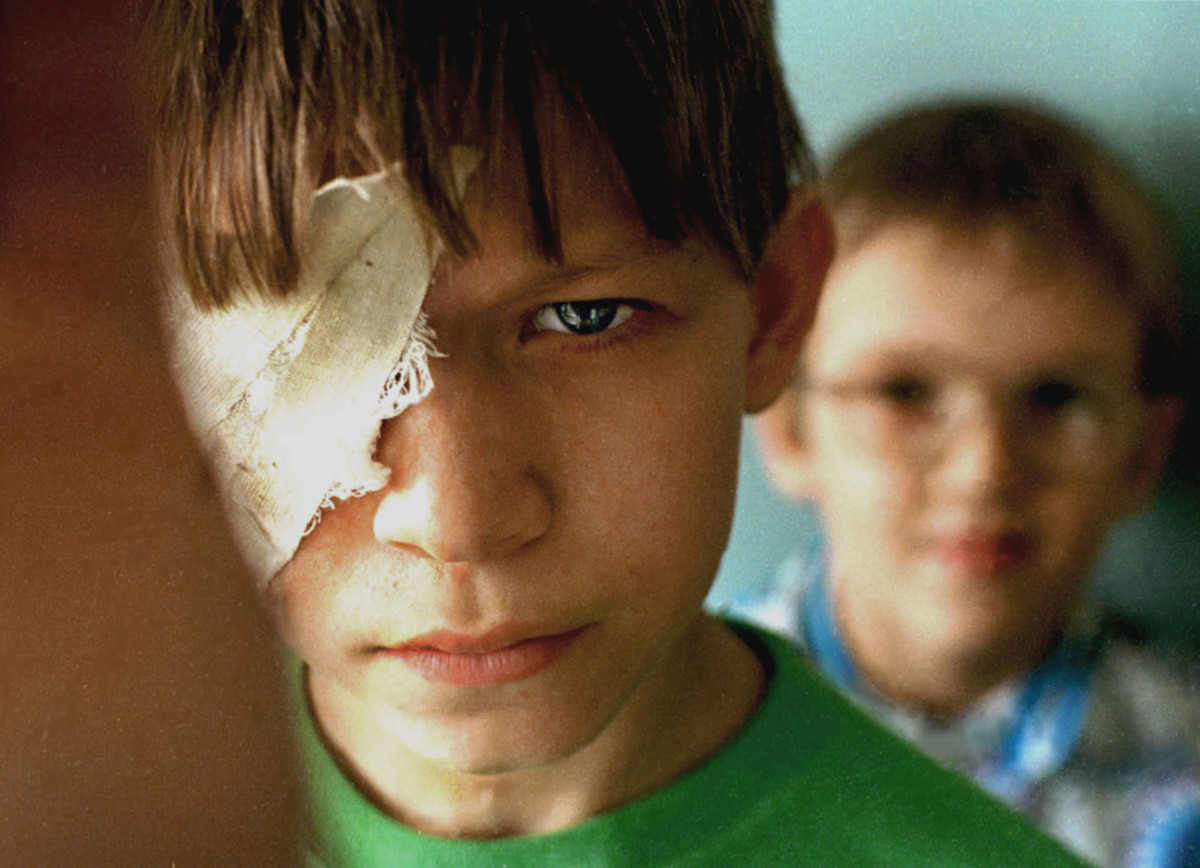
Russians can often seem rude – we avoid small talk, we’re not used to smiling and have those ‘grim faces’. However, if you look deeper, it appears that Russians are simply just too straightforward! They never smile only to seem polite and consider it acceptable to casually ask a person who they barely know how much he earns and how much he pays for rent - and that takes many foreigners by surprise.
And if you face rude service in Russia, don’t be offended. Just take into account that for 70 years, the Soviet Union taught people to live in equality and some people just can’t stand serving others. So, just get to know us better and you’ll learn that most Russians are not as rude as we appear.
READ MORE: 7 historical reasons why Russians are tough.
They do. The Russian love of alcohol has been an issue for almost 1,000 years. According to the 12th century chronicle, "The Tale of Bygone Years," when Prince Vladimir, the ruler of Ancient Rus, had to choose a faith for the pagan Slavs he learned that Muslims prohibited drinking alcohol. So, Vladimir abandoned the idea of converting his people to Islam. "Drinking is the joy of all Rus. We cannot exist without it," the prince said (in Russian).
FIND OUT what Russians drank before vodka was invented, and how genetics plays a role in this issue.
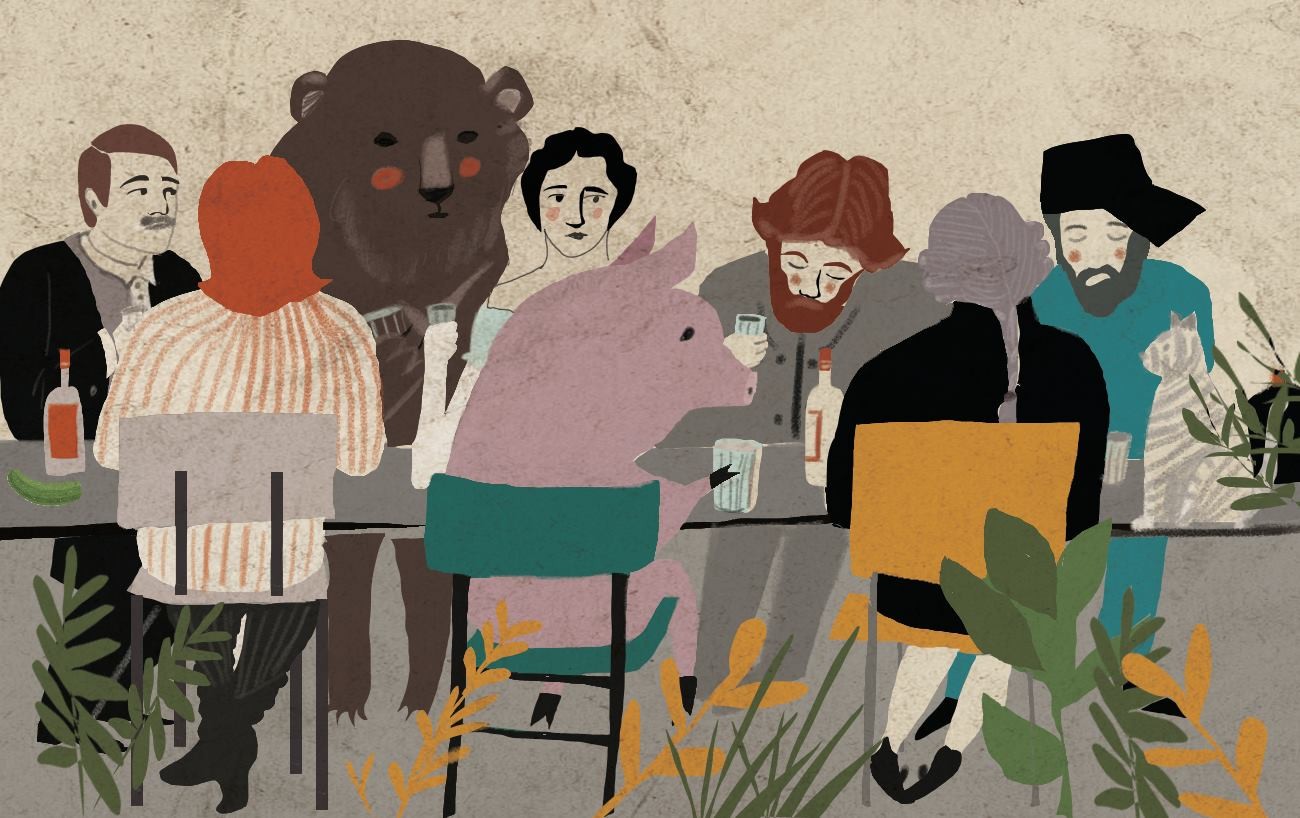
“How can you feel cold, aren’t you Russian!?” That’s probably one of the most annoying questions that Russians living abroad hear all the time. Yes, we got used to winter and some parts of Russia even have to survive in extreme low temperatures! And there are people who wear only T-shirts in winter.
But central heating in Russia works very well! However, when the outside temperature gets colder and the heating still isn’t on, Russians do start to suffer. And when we go to England for example, we just can’t get used to the low temperatures inside and the lack of central heating.
And one of the biggest Russian paradoxes are the ‘air conditioner’ wars, as most Russians are afraid of cold air drafts and of catching a cold, because from very childhood, we are taught to keep ourselves warm, to wear warm coats and hats, etc.
READ MORE: Are Russians immune to freezing and frigid temperatures?
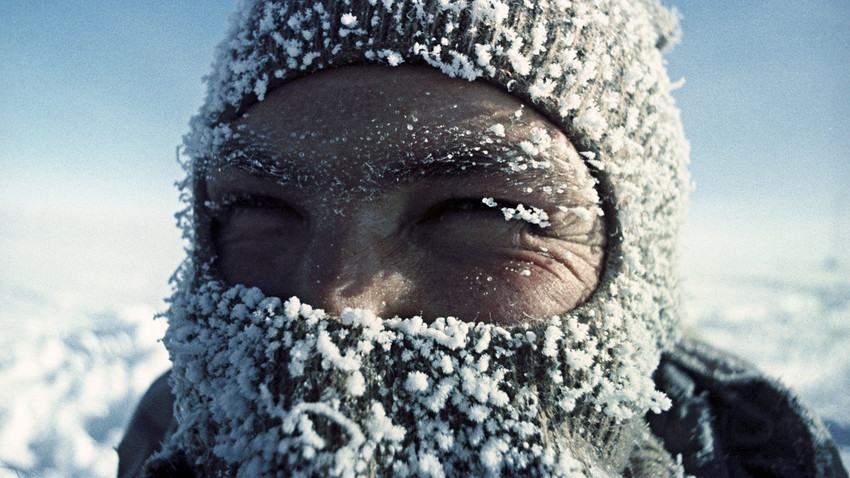
Here are 5 reasons why people get hitched in Russia, which includes social pressure, religious beliefs and conservative views. Some are far different from the West, primarily due to society's conservative views.
No other religion is as widespread in Russia; almost every community, big or small, hosts its own Orthodox church. Prince Vladimir (960 – 1015) decided to baptize the largely pagan country and did it quite aggressively - following the goal to unite his people this way. Most likely, he didn’t care much about Christ - but he chose Orthodoxy from other religions to have closer ties with the powerful Byzantine Empire.
READ MORE: Why are Russians mostly Christians
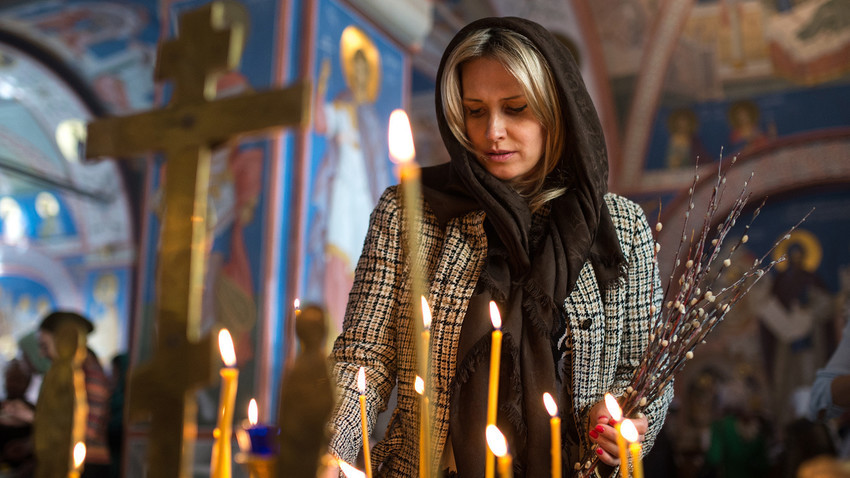
The choice of hand on which to put a wedding ring depends on several factors: religion and national custom. Russians wear it on the right hand.
The Orthodox Church inherited the custom from the Romans (through Byzantium), which imparted this tradition to the ancient Slavs when the rulers of Rus were baptized in the 11th-13th centuries. One can even say that the Russians got their habit of putting wedding rings on the right hand from Julius Caesar and Cicero.
READ MORE: Why do Russians wear wedding rings on their right hands?
There are stereotypes that Russian women are easy and that Russia is a sexist country. That is not the entire truth, of course. In Russia, statistically there are more women than men, and of course, there is big competition between those women, and that’s why often women want to get married as soon as possible - they are just afraid not to find a partner.
But what is even more interesting is that Russian men consider themselves very tough guys in everything, except their families - because in the question of running a household and raising kids, it’s their wives who, in fact, wear the trousers!
READ MORE: Why Russian men enjoy being henpecked.
Sometimes Russians look really crazy and fearless. You might think we push it to the extreme, but historians say it’s in our DNA, and we agree.
There are also a number of reasons, such as historical context, climate and even ‘vodka masculinity.’
READ MORE: Why are Russians so fearless?
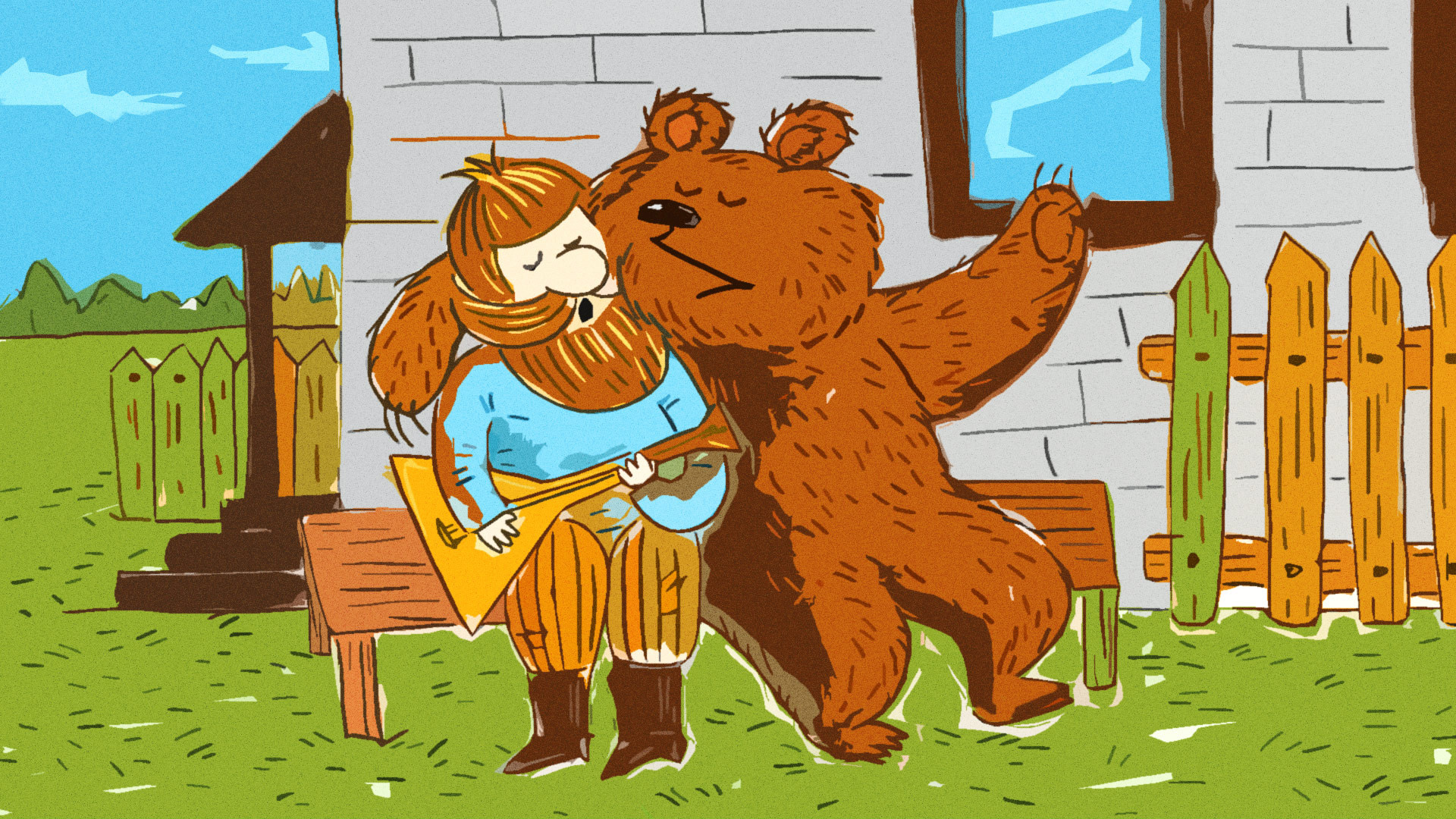
Among all the features of the national character and Russian stereotypes (true or false), we highlighted 20 main things that show a person is definitely Russian. Check out if you find them in yourself. How strong is your addiction to after dinner tea? How much do you miss birch trees? What superstitions do you believe in?
Many people believe that it’s to attract men, but actually things are not that simple. There are at least 3 reasons to wear stiletto shoes, in the opinion of women themselves: they improve one's gait, they inspire confidence, and finally, yes, women in heels are more attractive.
There are more than 190 ethnic groups among the 142 million citizens of the Russian Federation, from ethnic Russians who form 78 percent of the population, to the Ket people of Siberia who number around 1,000. Most ethnic Russians have a so-called European appearance, but there are many Russian citizens who can be classified as ethnically Asian.
The Asian appearance implies a relation to the Mongoloid race, and there are at least 10 such ethnicities living on Russian territory (Tatars, Bashkirs, Yakuts, Buryats, and etc). Such diversity sometimes surprises tourist, but you should know that Russia does not officially define any group as Asian.
Everyone who lives, or has lived in Russia, knows that there’s always a time when the 24/7 flower shop is a lifesaver. Here are four situations when in need: 'Surprise factor', 'Guilty husband,' 'Responsible husband' and 'Impoverished Casanova.’
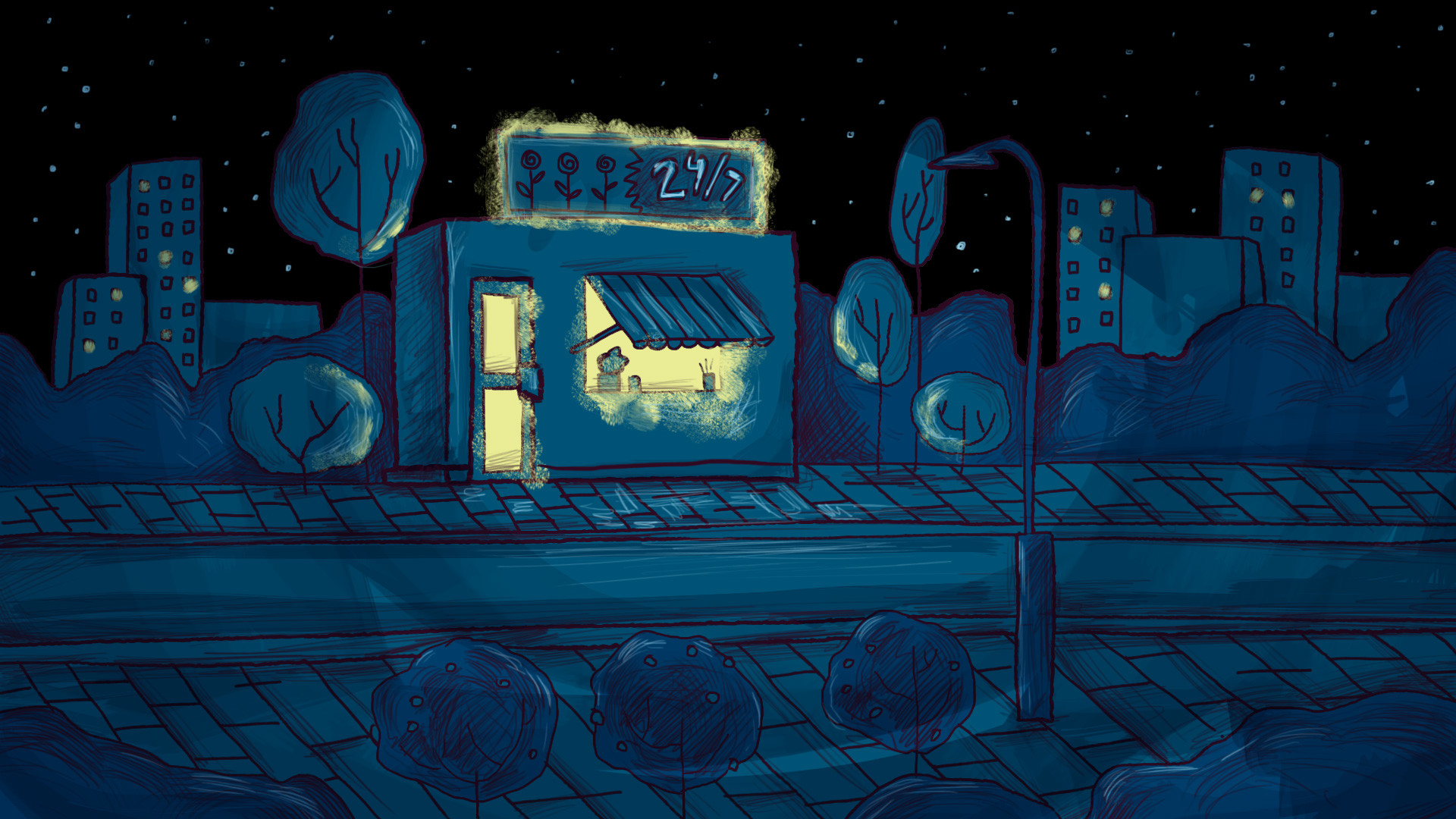
Originally a word borrowed from the West, ‘intelligentsia’ has acquired a very specific meaning in Russia. The term refers to all sorts of educated people, but it’s now often used to describe those who are messianic and moral high-ground champions. Note, however, that intelligentsia and intellectuals are not equal.
READ MORE: What are the origins of Russian intelligentsia?
Russians living abroad usually miss the Motherland, and top on the list of things are specialty foods, central heating in apartment buildings, Moscow's clean and efficient metro, and 24-hour stores.
A brief study by a Dutch student revealed the reason for this mystery: Russian tradition, plus a desire to be unique.
Joke on the subject: Russian women can't understand how a man with two kidneys can say that he can't afford to buy his wife a new fur coat; he can always sell one kidney.
Eating them is considered to be low-class, and some Russians despise those who eat them, calling them gopniks or rednecks. But if you start, you can’t finish until the seeds are all gone, everything around is covered in black shells.
READ MORE: Sunflowers for Russians: Guilty pleasure and antistress measure.
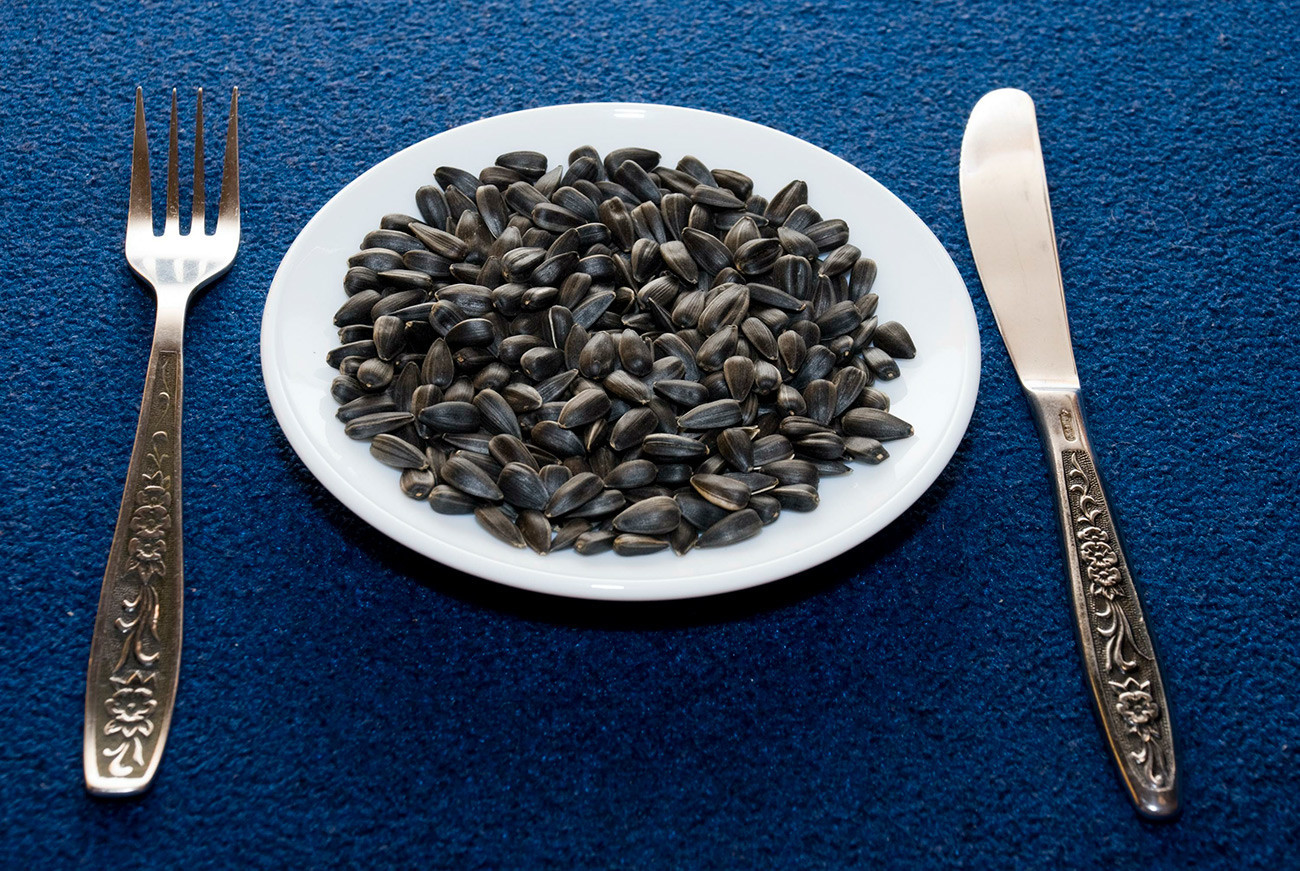
Don’t be surprised to hear the nickname, ‘Third Rome,’ to describe Moscow, and the city is also called ‘first-throned,’ or ‘golden-domed.’
Orthodox monk Philotheus (Filofei) first called Moscow the ‘Third Rome’ when in 1523-1524 he wrote letters to the Grand Duke of Moscow urging him to fight against heresies. The Duchy of Moscow, in the monk's view, remained the last bastion of the true faith.
"All the Christian kingdoms have come to an end and have converged in the single kingdom of our sovereign," Philotheus wrote in one of his epistles. "Two Romes have fallen, a third stands, and a fourth shall never be.”
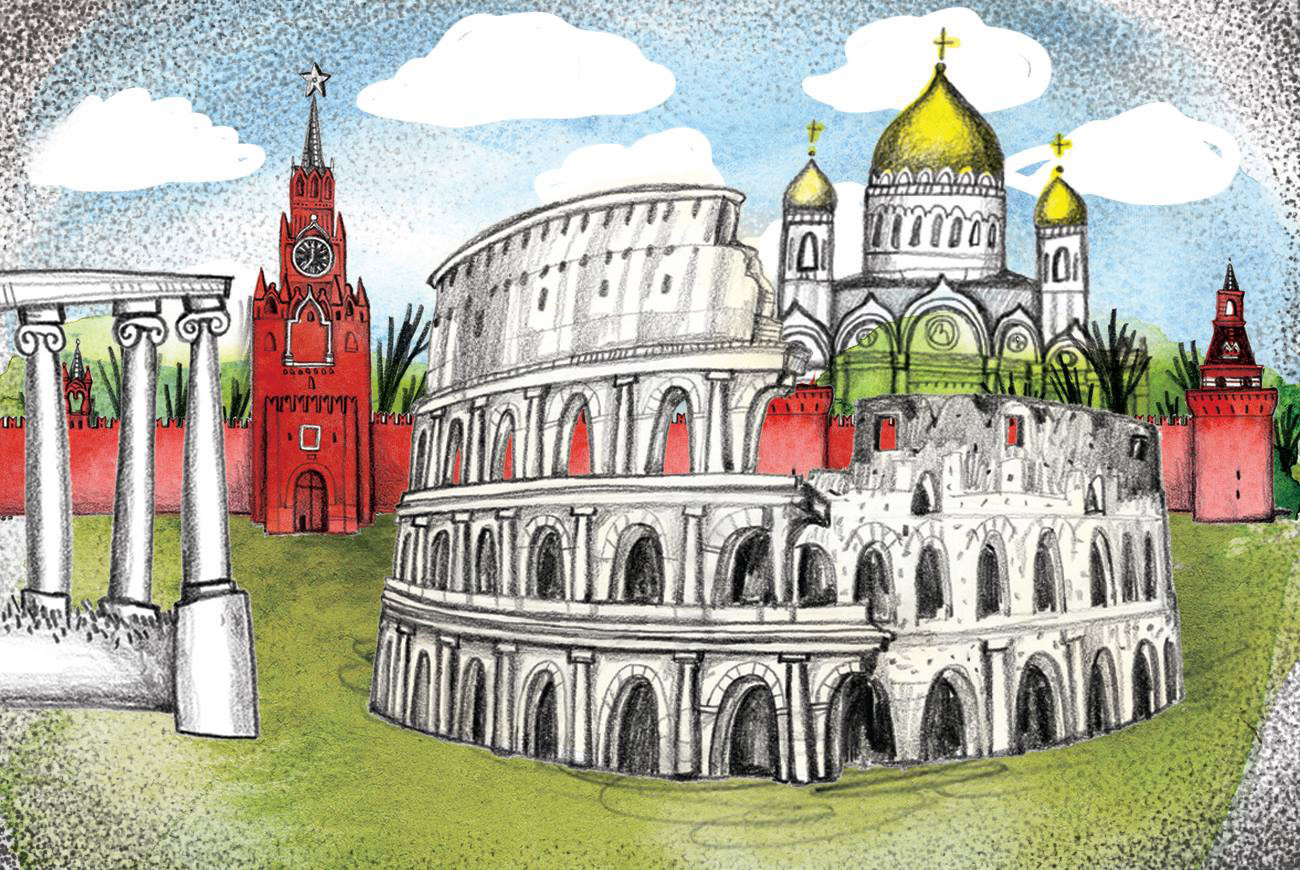
This conclusion is based on research by the Levada Center, which found that in 2017, 69 percent of Russians said that Washington behaves aggressively and is Moscow’s main enemy.
The topic is far too complex, especially since the collapse of the USSR, but you can read about the possible reasons in the comments from Russia’s former ambassador to the U.S., Sergey Kislyak.
There is some good news, however. The Russian people have no negative feelings towards Americans as a people, despite the political tensions.
READ MORE: Why Russians don’t differ much from Americans
We spoke to a few Russian gals, those either married to or dating men from other countries, and asked what really motivated them to start a relationship. Quite frequently we found that the simple answer was love, and not nationality.
While this is not something that only Russians do, there is one difference. If the average European starts clapping after a difficult flight or happy ending to a dodgy landing, the average Russian will do it in any situation, as long as the aircraft doesn't miss the runway. And we have at least five theories why they do this.

Karl Lagerfeld once said, “Sweatpants are a sign of defeat. You’ve lost control of your life if you’ve bought sweatpants.” If this is true, then many Russians don’t have a handle on their lives.
Normally we have a special name for guys in striped tracksuits – gopnik. While not all Russians are gopniks, we explain the potential reasons to sympathize with three white stripes on a black sports suit…
In Russia, people are used to saying that Moscow and St. Petersburg are not Russia. That could sound weird, however, these two ‘capitals’ are indeed different from the rest of the country.
However, some people from the regions, including St. Petersburgers, despise or even hate Muscovites. Provincial citizens find inhabitants of Moscow obnoxious, mean, arrogant and snobbish. They often also complain that Muscovites are “parasitizing the whole country, hoarding their money. They buy cars, iPhones and constantly travel abroad - but not to the other Russian cities. Annoying people!”
READ MORE: Why do people in Russia hate Muscovites?
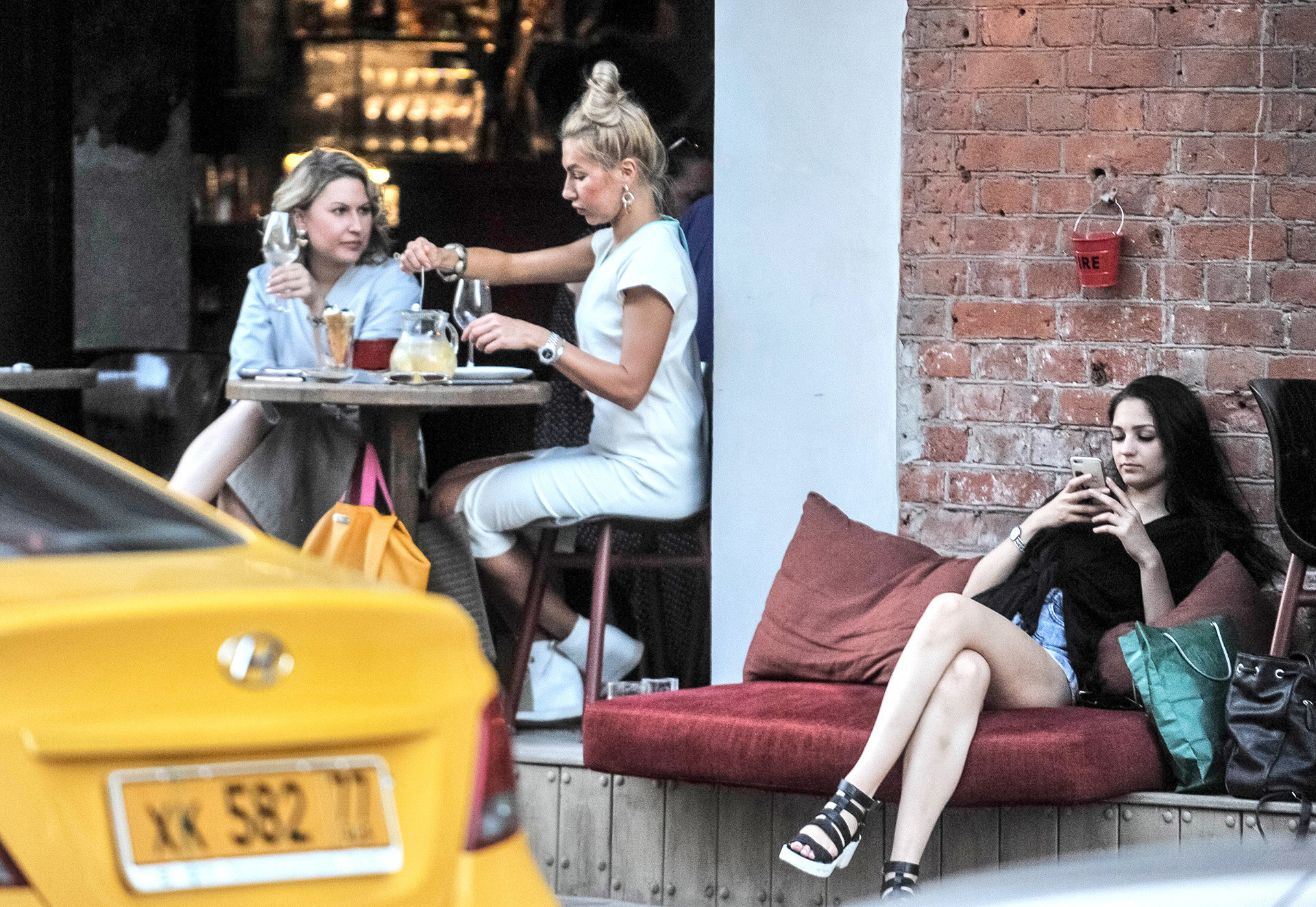
According to research, almost two-thirds of Russians are indifferent to the country’s political situation. The main reason – Russians are more concerned with making ends meet, the soaring cost of utilities and food, and low wages.
When sociologists ask Russians what they’re most proud, the most popular response for the last 20 years has been victory in the Great Patriotic War, (1941-1945).
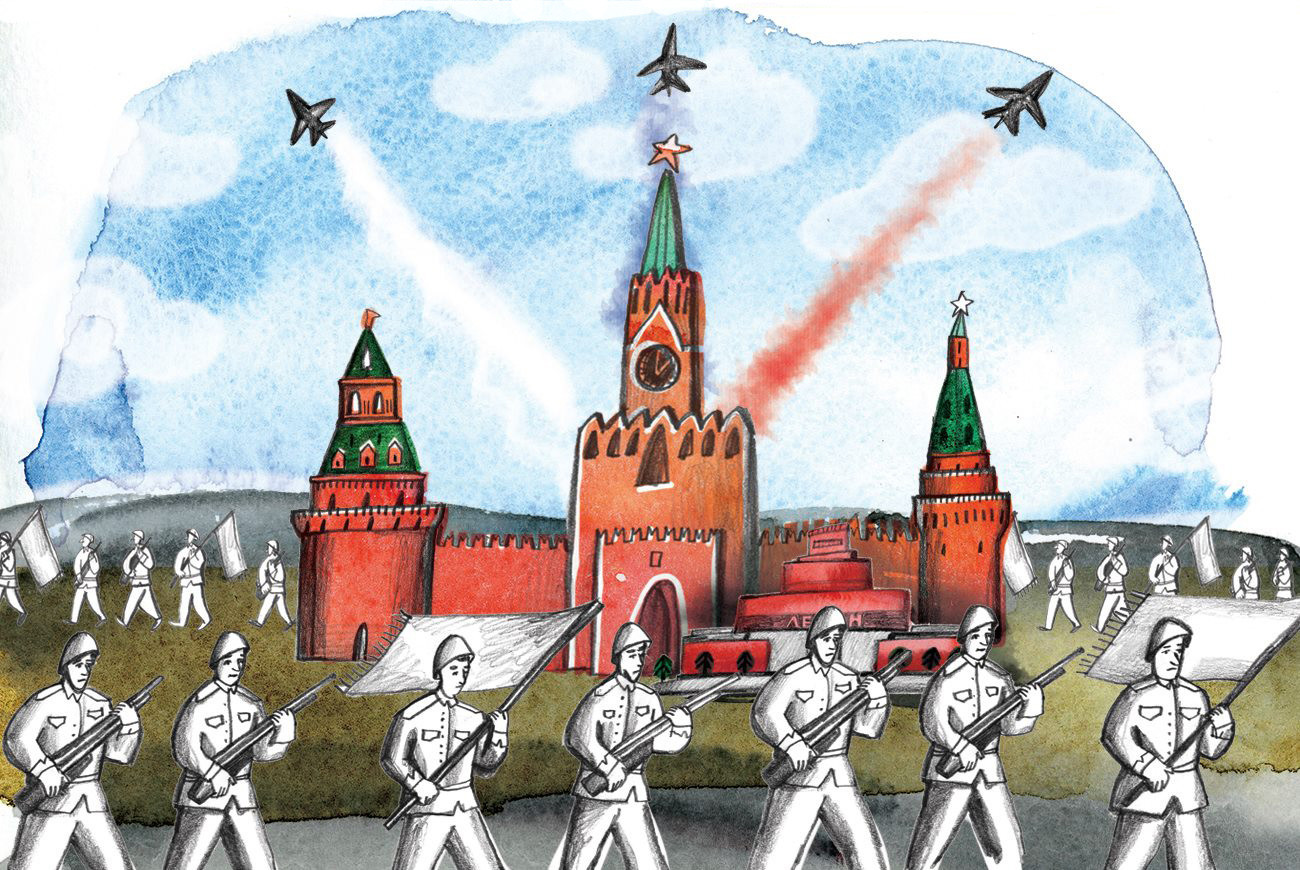
If you’ve ever talked to a Russian via the Internet or SMS, you’ve probably noticed strange symbols at the end of sentences like this «)))». What do they mean? The same as ordinary smileys with a colon and dash. It’s just a Russian way to be polite and friendly.
READ MORE about bracket etiquette: how many to use in each case, and what does their number mean?
They see it as a necessary attribute of “a real man.” We also talked to a few bearded men and understand that this is not the only reason. READ their stories.
Bigfoot, the Abominable Snowman, Yeti – this mystery persists and still intrigues people around the world. The topic is too exciting to give up. We wrote about how Soviet scientists searched for the Yeti, and the new information discovered. Don’t hesitate to READ ABOUT IT.
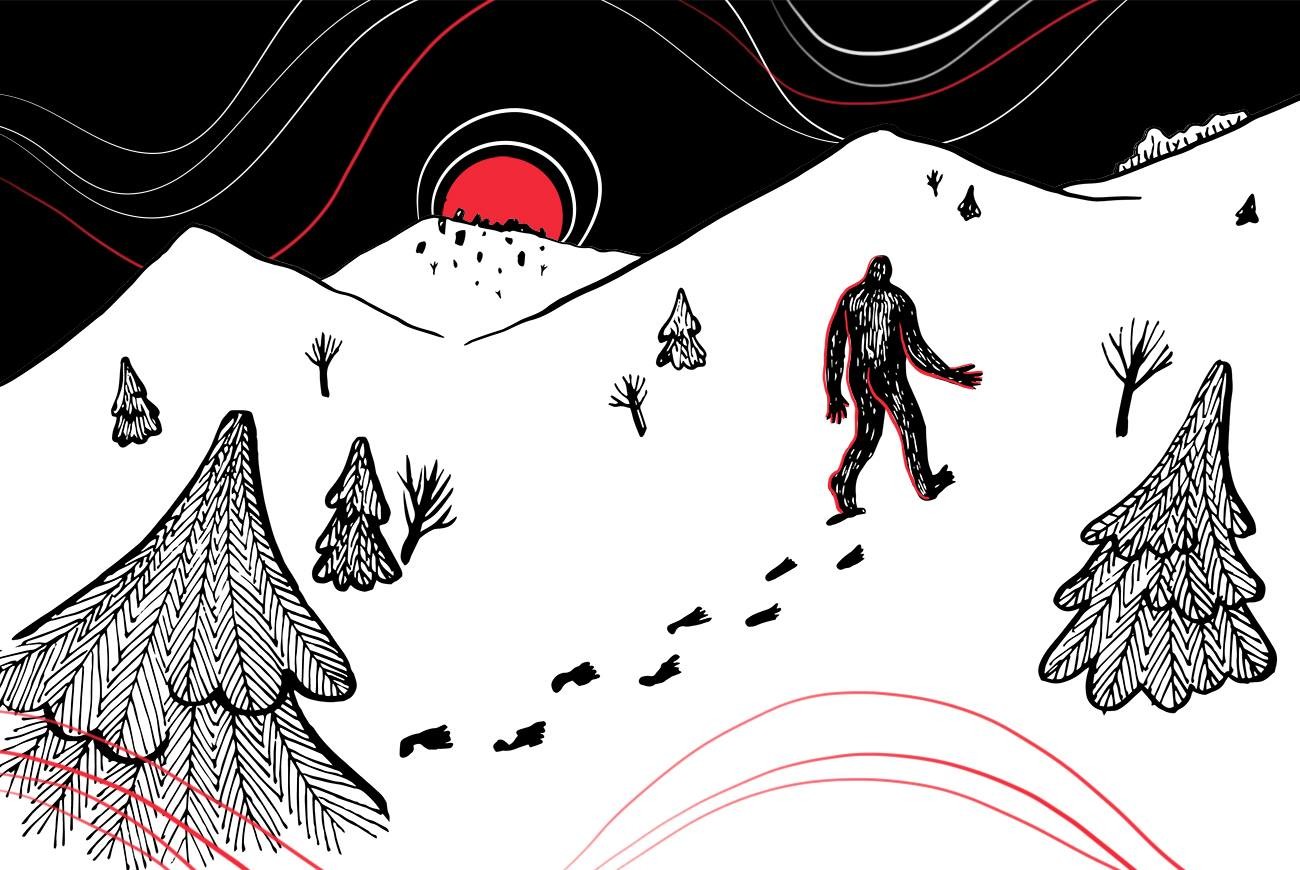
‘Everything you wanted to know…’ is an extended guide to the most popular topics about Russia. We constantly work on new materials and update this page with new entries and information.
If using any of Russia Beyond's content, partly or in full, always provide an active hyperlink to the original material.
Subscribe
to our newsletter!
Get the week's best stories straight to your inbox